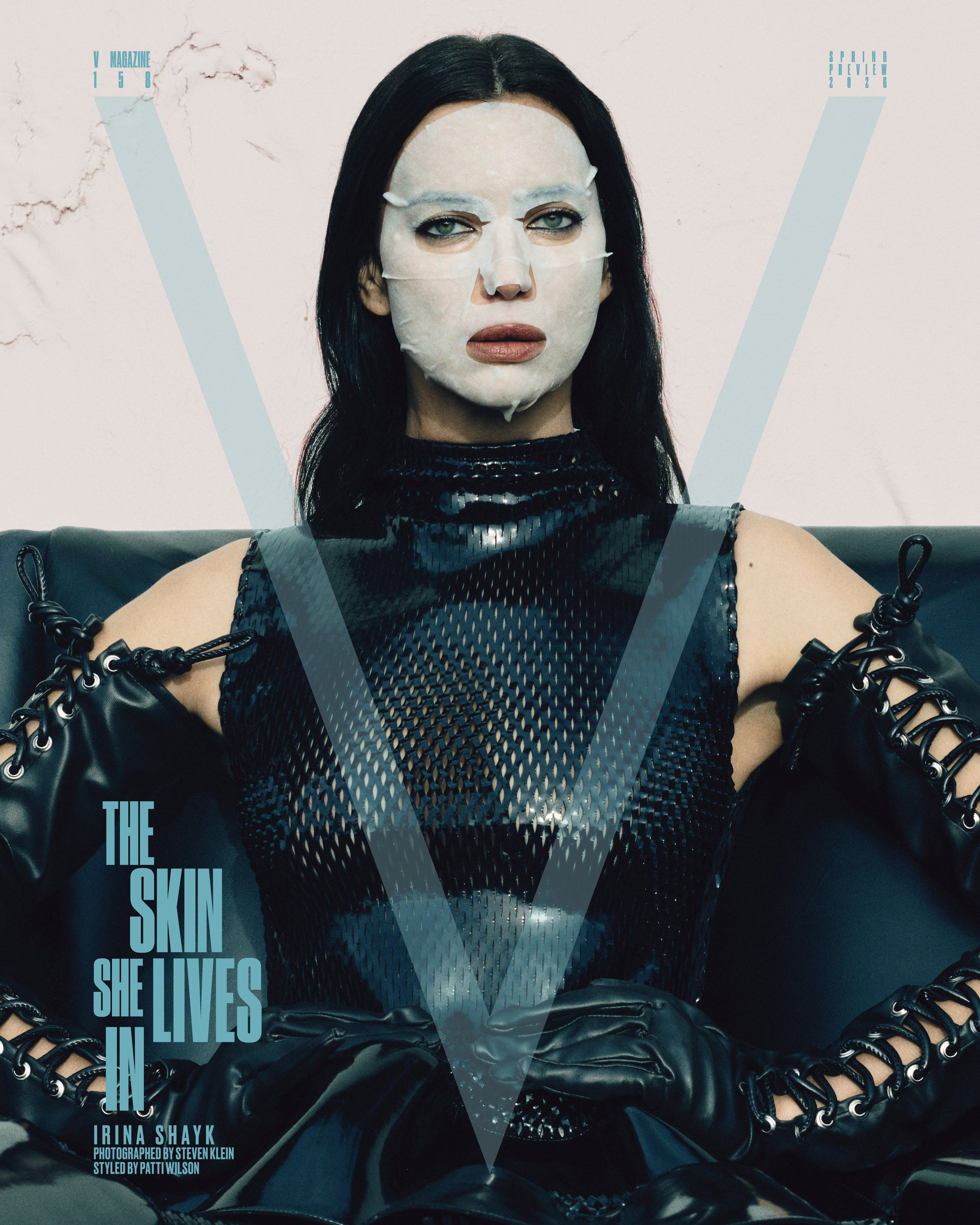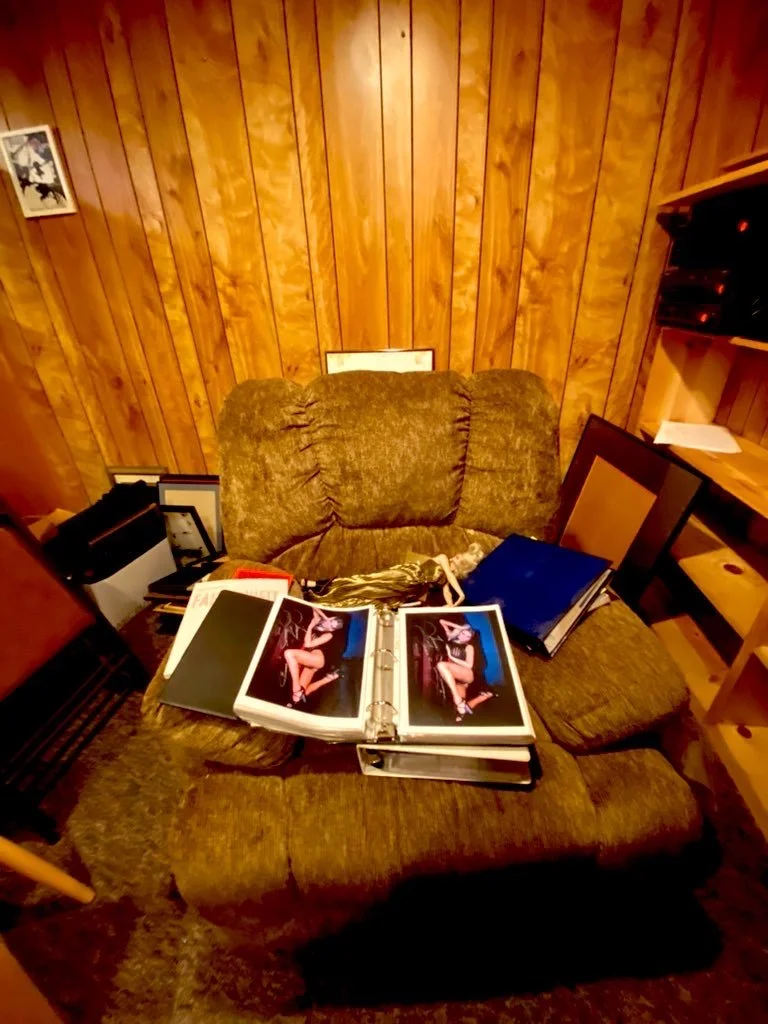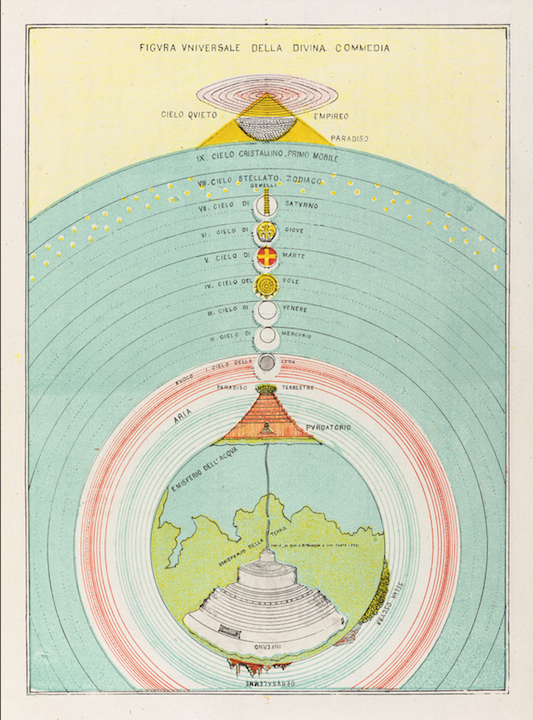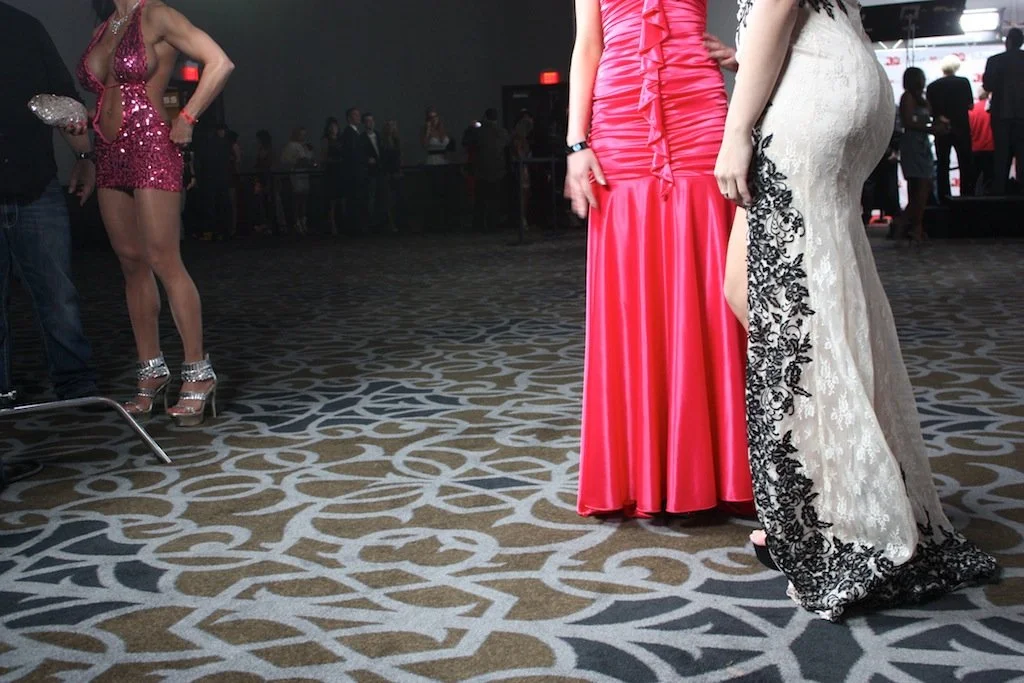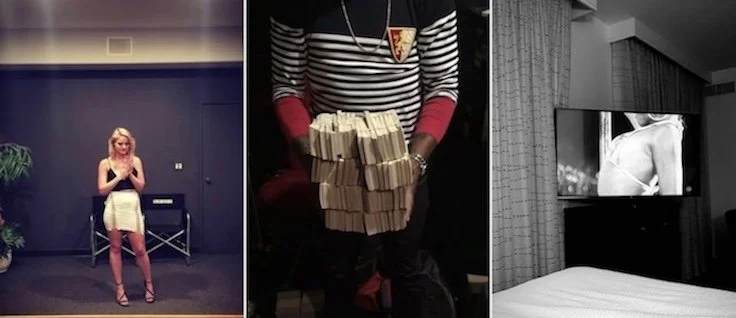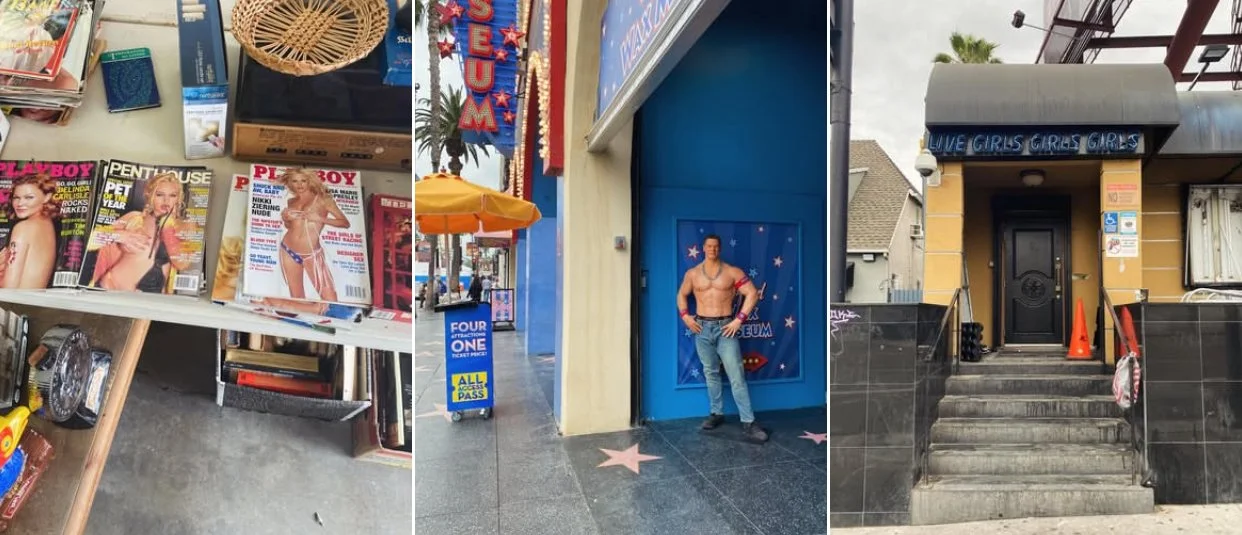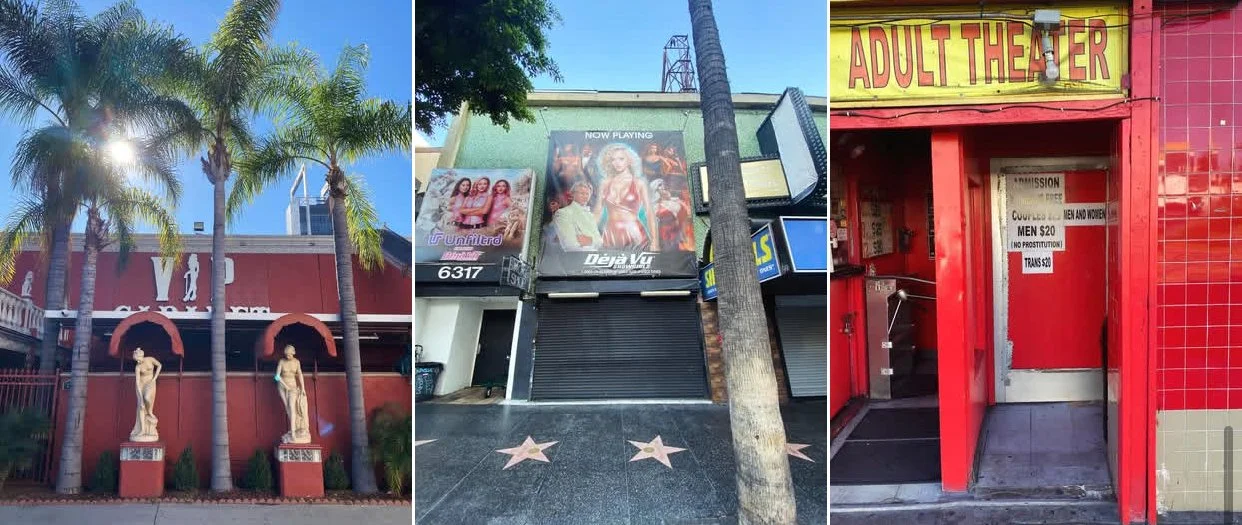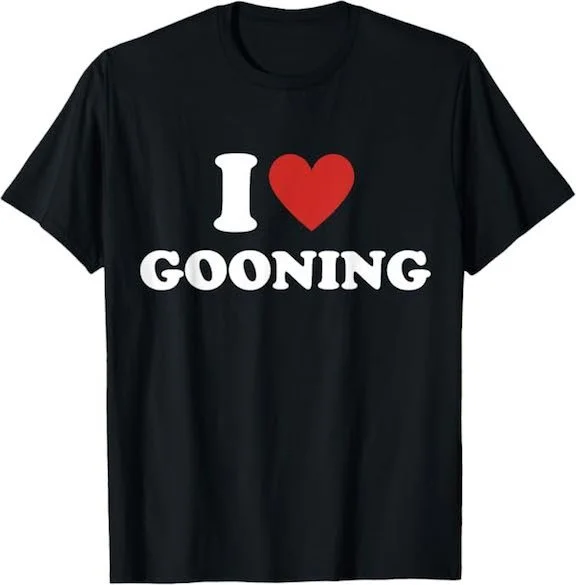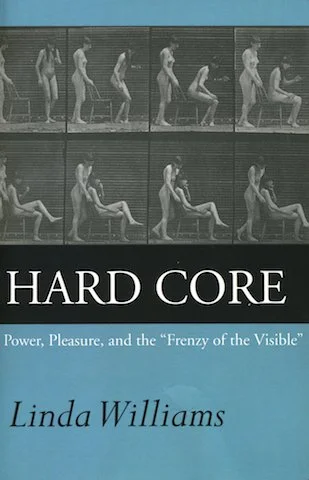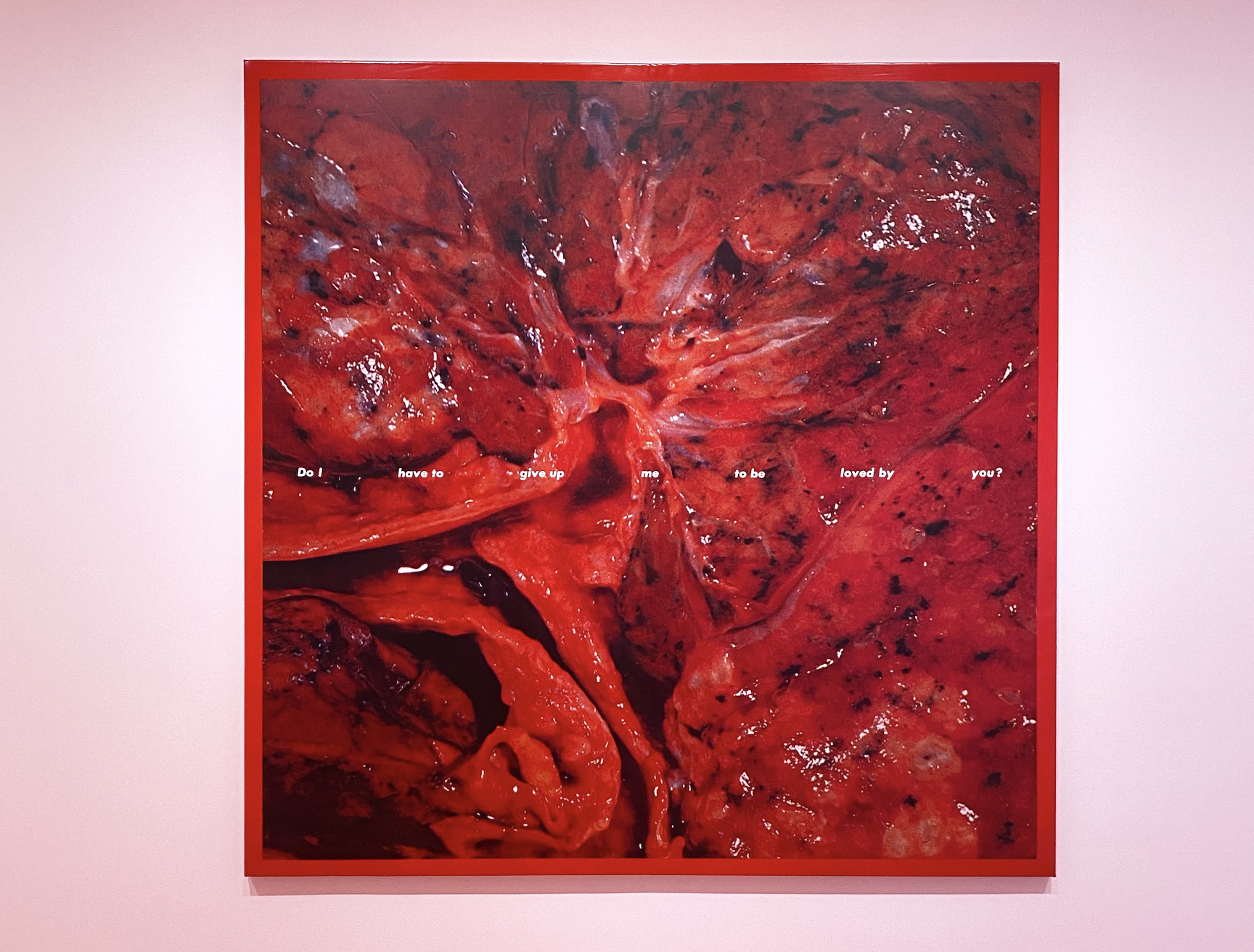Filtering by Tag: SEX
Encino Estate Sale
Don't Think!
These Interstitial Spaces
“Later it occurred to me that I’m only really happy when I’m in these interstitial spaces, where I’ve kind of slipped behind the curtain to see what people are really about, and it’s like living in the place that everyone wants to visit but is too afraid to talk about.” — from my newsletter, “I’m Only Happy When It Rains”
About I My Book | Consulting I X I Instagram I LinkedIn I Email
My 2026 Journal: Day 7
Today, I am considering Michelangelo Caetani’s Maps of the Divina Commedia as preparation for writing more about the adult movie industry this year and am currently trying to identify my current location on this map.
About I My Book | Consulting I X I Instagram I LinkedIn I Email
Operation Me
“Because the narrative is filtered through me, covers a vast expanse of time, and includes not only what I witnessed but how what I witnessed shaped the person I became, the essay had to feature me as a central character. In the past, I’ve avoided this angle; on the set of an adult movie, I am the least interesting thing in the room.” Read my latest newsletter, “How to Perform a Literary Auto-vivisection,” and subscribe.
About I My Book | Consulting I X I Instagram I LinkedIn I Email
My 2026 Journal: Day 1
Today I’m working on a 10,000-word personal essay about how the adult movie industry has changed since I first found myself on the set of an adult movie over 25 years ago and how what I saw there changed me. The working title is of the story is “When Pornographers Were Kings.” “Scenes From My Life in Porn Valley.”
About I My Book | Consulting I X I Instagram I LinkedIn I Email
A Triptych of 2025 Triptychs
A Last-Minute Gift
Lydia Tár Talks to a Fan
Hollywood to North Hollywood
The 1,000,000 Views Photo
“I’ve posted photos I’ve taken on adult movie sets before, but this one seemed to appeal to people for reasons that were not entirely clear to me.” Read and subscribe to my newsletter: The Reverse Cowgirl.
About | Consulting I My Book I X I Instagram I LinkedIn I Email
The Girl in the Photo
Goons
Pornhub's 2025 Year-in-Review
“Gen X searches included ‘fisting,’ ‘bukkake,’ and ‘double penetration.’” Subscribe to The Reverse Cowgirl.
About | Consulting I My Book I X I Instagram I LinkedIn I Email
Beatniks!
How Do I Become a Male Porn Star?
“It is unclear if they know who I am. One addressed his email to ‘Sir.’ For the record, I am a woman. I am a journalist. I download their emails in a home office with a desk, a filing cabinet and a garbage can for recycling. I am not who they think I am. I do not have a magic wand that can turn them into male porn stars. I don’t know what to tell them. Truth be told, it is very difficult for men to break into the porn business (unless one rides on the coattails of a female who wants to be a porn star, a scenario with its own set of complications); many of the men who work in porn do not make a lot of money ($150 to $300 for a scene is not uncommon); and what it takes to be a male porn star (to wit: get up, get in, get off) is, for lack of a better word, hard.” — an excerpt from my 2013 Salon personal essay: “How Do I Become a Male Porn Star?”
About I My Book I Newsletter I X I Instagram I LinkedIn I Consulting I Email
Petit Mort
Petit Mort is … “The only magazine bridging art, fashion, and philosophy through the lense of sex workers.”
About I My Book I Newsletter I X I Instagram I LinkedIn I Consulting I Email
Books I Read: Hard Core
Linda Williams’ Hard Core: Power, Pleasure, and the “Frenzy of the Visible” is a rigorously academic work that seeks to trace the history of pornographic movies and explore what their content reveals about their viewers. Dense and filled with academese, the book tackles adult content with all the sexiness of a spatula. While not strictly feminist, Williams’ work privileges feminist porn over not-feminist porn while failing to identify if there is an actual difference between the two beyond an ultimately failed marketing ploy. This book is a buzzkill.
About I My Book I Newsletter I X I Instagram I LinkedIn I Consulting I Email
What We See When We Look
“In my case, a covert narcissist mother and an emotionally unavailable father shaped the story of my life, one in which I ended up going to Porn Valley.” Subscribe and get my newsletter delivered weekly to your inbox.
About I My Book I Newsletter I X I Instagram I LinkedIn I Consulting I Email
